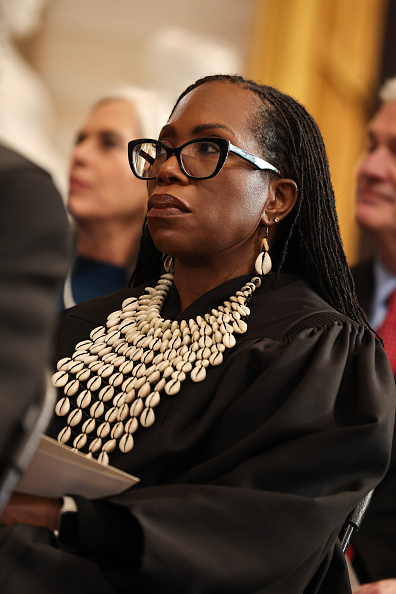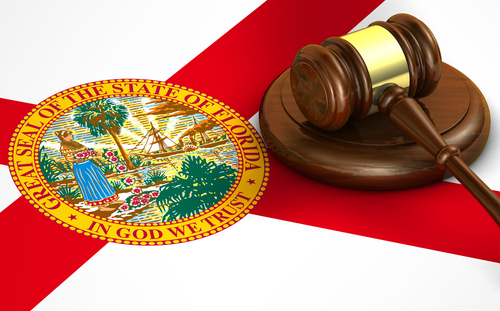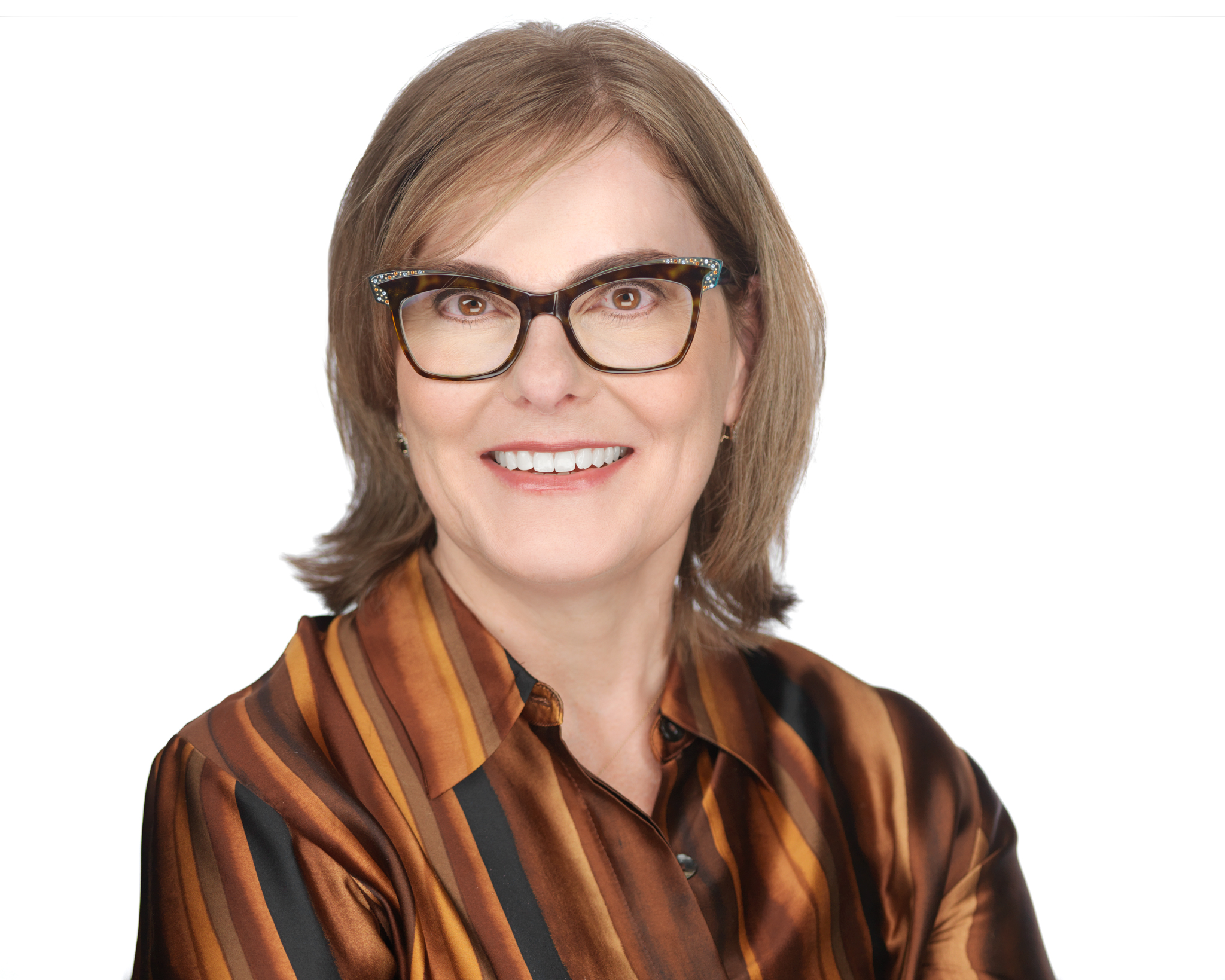Retirement is a significant life event that often inspires a mixture of fear, excitement and uncertainty. The ABA Senior Lawyers Division recently aired Stephen Herman’s documentary, Retirement on Trial: A Documentary and Panel Discussion for Lawyers Thinking About Their Next Stage, which examines retirement through the lens of lawyers who are both apprehensive and optimistic about this transition.
As someone who has spent 30 years working with retirement plans and counseling their participants, I was intrigued by the insights shared from interviews with lawyers on opposing sides—those who dread the very idea of retirement versus those who embrace its possibilities. The ABA Journal also published an article discussing one individual’s journey into retirement, offering additional perspectives on the transition.
Crafting your retirement path
There is no single answer to the question, “What should I do when I retire?” Retirement offers a chance to reinvent your life and pursue new passions, allowing you to redefine your lifestyle. While I’m not an attorney, given my all-consuming and rewarding working lifestyle, I am also contemplating redefining my life for retirement, so that I can enjoy my time before my “best before date.”
Planning for retirement involves several important considerations: deciding when to retire, determining whether to work part time or act as a mentor to those interested in practicing law or students looking for a role model, identifying activities that will provide fulfillment, and choosing with whom to spend your time. If you find these questions challenging, now is the time to begin planning. Fear should not be the primary obstacle that holds you back from moving forward.
Developing a retirement plan—or “retirement manifesto”—can provide valuable direction. With a clean slate and 168 hours each week of newfound freedom, you can create a joyful life in retirement, which requires effort and intentionality, similar to your legal training at the beginning of your career.
There are many available resources to help you to design your retirement future, such as I Could Do Anything If Only I Knew What It Was: How to Discover What You Really Want and How to Get It and Purposeful Retirement: How to Bring Happiness and Meaning to Your Retirement. Envisioning my own retirement is at its infancy, so if you are also just beginning, know that you are not alone. Planning for retirement has been a widely discussed topic for many years, yet no resource has given me “the” answer; but while the sources noted may seem dated, their advice remains timeless.
Your planning should also contemplate less structured activities and considerations—your relationships. Maintaining and cultivating relationships can increase longevity6 and lower the risk of depression while also fostering a sense of belonging. The transition from employment to retirement, lack of sufficient skills, and absence of a retirement plan are major barriers to success. Bottom line: Relationships during this stage of your life matter.
You may believe that you cannot plan your retirement until you know the exact amount of money that you will have available. If you plan to travel the world every year or carry out ambitious undertakings, this argument is valid, but most people adjust their activities to match their available cashflow. In fact, many people are afraid of spending their nest egg for fear of outliving their savings. Your objective should be to coordinate your retirement plans and finances.
Your retirement income and expenses
One common concern when planning for retirement: How much income will I have to spend every year?
The book The Number: What Do You Need for the Rest of Your Life and What Will It Cost? provides a framework not only for calculating the amount available to fund each year of retirement but also other lifestyle considerations. It lays out the following formula:
• Total invested assets multiplied by 0.04 (the estimated income you can withdraw annually from your investments)
• Home equity divided by the number of years you expect to live
• Income from inheritance divided by the number of years you expect to live
• Annual Social Security benefits
• Expected annual pension benefits
• Any other income from part-time work or other sources
The sum of these amounts provides an estimate of how much you’ll have available to spend—an annual spending allowance.
Confidence in your financial planning comes from understanding both your needs (shelter, food, health care) and wants (travel, dining out, entertainment) and comparing these to your spending allowance. If expenses exceed your allowance, revisit your assumptions to find opportunities to reduce costs. These calculations serve as general guidance to help you better understand your retirement savings and spending needs.
Retirees typically spend more during the early years of retirement when they are most active. Planning retirement activities and estimating the amount you’ll spend in different age ranges can help ensure effective financial management. Financial advisers can assist in developing your savings and spending plans, and numerous online retirement calculators are available for those who prefer to plan independently.
If you are curious about estimating your “big” number (translating your annual spending budget to a lump sum), you can apply the “4% rule”: Divide your estimated annual expenses by 0.045. According to recent Bureau of Labor Statistics data, the average annual retirement household expenditure is $60,087. If that’s the amount you anticipate spending, you would need about $1.5 million at retirement. For the average person, two-thirds of this balance would come from savings with the rest from social security. If your household expenses are higher or lower than the average annual expenditure, adjust accordingly to arrive at the lump sum you’ll need.
The final word
I’ve found that people begin to seriously consider retirement after age 50, often focusing on financial aspects while neglecting how they will spend their time. Retirement represents both a financial and personal milestone.
Taking time to reflect on your goals and aspirations can ease your transition, transforming uncertainty into opportunity and allowing you to engineer a fulfilling retirement. Both financial and personal considerations are needed for a successful transition.
Create a new rhythm for your days, and embrace the freedom retirement offers—remember, “doing nothing” is a choice.
The ABA Retirement Funds Program
Financial security is a critical component for a successful retirement. If your firm doesn’t already have a 401(k) plan or is looking for a new service provider for its existing plan, the ABA Retirement Funds Program offers a full-service solution.
The program works with law firms of all sizes—even solos—and offers a range of services like those offered in plans at the biggest law firms and corporations. The program has been helping legal professionals save for retirement for over 60 years and is committed to providing the tools necessary to help all legal professionals and their staff pursue their ideal next chapter.



.jpg)

